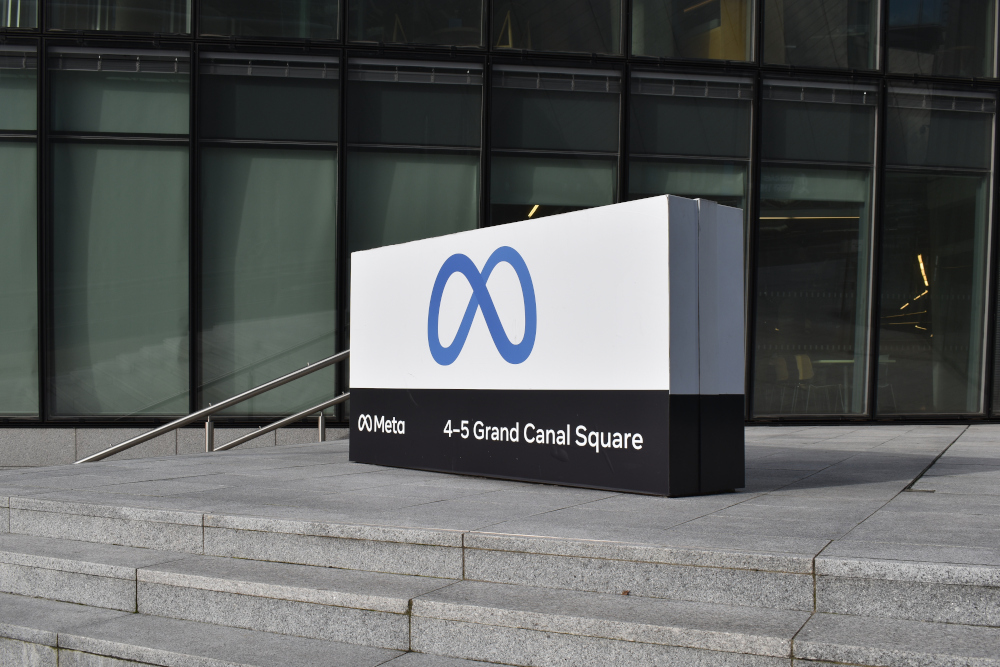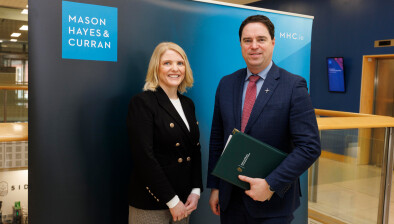Blow for authors as Meta wins copyright case in US

Meta has secured a legal victory in a copyright case brought by a group of writers, including Sarah Silverman and Ta-Nehisi Coates, who accused the company of unlawfully using their work to train its artificial intelligence models.
The authors had alleged that Meta violated copyright law by using their books without permission in the development of its AI systems.
However, US district judge Vince Chhabria ruled in favour of the tech firm, finding that the plaintiffs had failed to demonstrate that Meta’s use of their works would cause “market dilution” by producing AI-generated texts similar enough to compete with the originals.
As a result, the court deemed Meta’s actions to fall under the “fair use” doctrine, which allows limited use of copyrighted material without permission in certain circumstances, and dismissed the claim.
The ruling followed another decision earlier in the week in which Anthropic, a rival AI developer, was also found not to have infringed authors’ copyright. Yet Judge Chhabria’s opinion diverged in several respects from that one and left the door open to further legal challenges from the creative industries.
He said that in “many circumstances” using copyrighted materials to train large language models could be unlawful. While this particular case did not meet the threshold for liability, he noted that future lawsuits might succeed under different facts.
“This ruling does not stand for the proposition that Meta’s use of copyrighted materials to train its language models is lawful,” he wrote. He also rejected as “nonsense” Meta’s argument that restricting the use of copyrighted texts would harm the public interest.
He expressed sympathy with concerns from writers that their work was being used to create tools that could ultimately undercut their own livelihoods. “No matter how transformative LLM training may be, it’s hard to imagine that it can be fair use to use copyrighted books to develop a tool to make billions or trillions of dollars while enabling the creation of a potentially endless stream of competing works that could significantly harm the market for those books,” he wrote.
A spokesperson for Meta welcomed the ruling and described fair use as a “vital legal framework” for developing transformative AI technologies.










